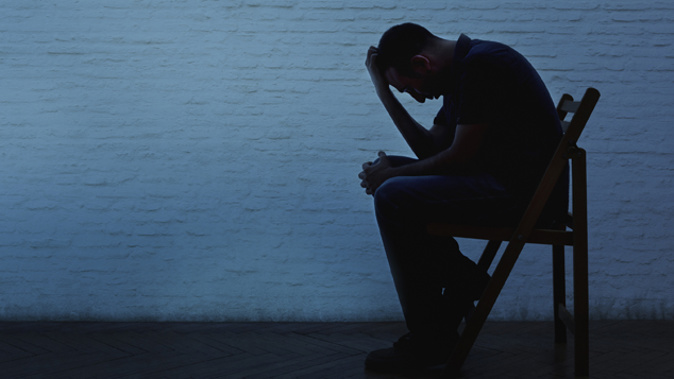
Mental health services are under pressure as record numbers of people seek help, the Ministry of Health says.
Last year 162,222 people, or about 3.5 per cent of the population, used the services, the record number following international trends.
"While this reflects that more New Zealanders are seeking and receiving mental health care, which is positive, services are experiencing increasing pressure," said director of mental health John Crawshaw.
The ministry was working to identify innovative and sustainable solutions to meet the increased demand, he said when his office's annual report was released on Friday.
The report shows mental health specialists are falling slightly short of their time targets for non-urgent services.
In the year, services saw 78 per cent of all clients within three weeks (target 80 per cent) and 93 per cent within eight weeks (target 95 per cent). Addiction services fared slightly better.
Urgent referrals should be seen within 48 hours.
Consumer satisfaction was rated at 82 per cent, up from 81 per cent in 2014.
The report shows 754 people were kept in seclusion, some more than once.
Since 2009 officials have been trying to reduce people being kept in seclusion. Numbers dropped between then and 2013 but have remained steady since.
Maori are almost five times more likely to be secluded in adult inpatient services than people from other ethnic groups.
"The continued reduction (and eventual elimination) of seclusion will require strong local leadership, evidence-based initiatives, ongoing workforce development and significant organisational commitment," Dr Crawshaw said.
The report said 225 people received electroconvulsive therapy in 2015, down from 247 the year before.
Take your Radio, Podcasts and Music with you









